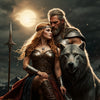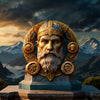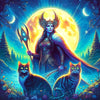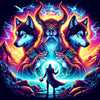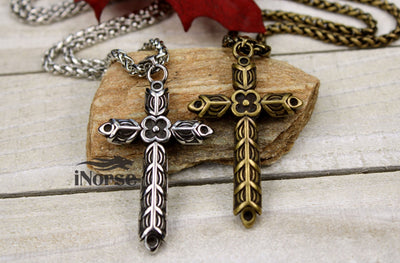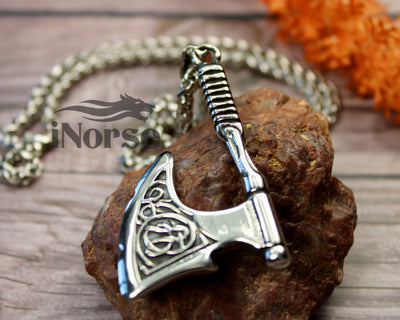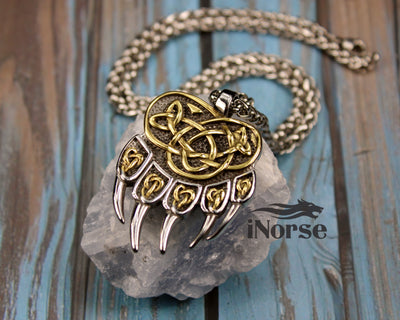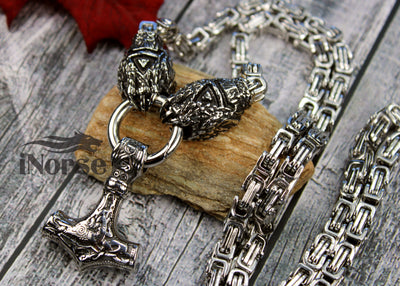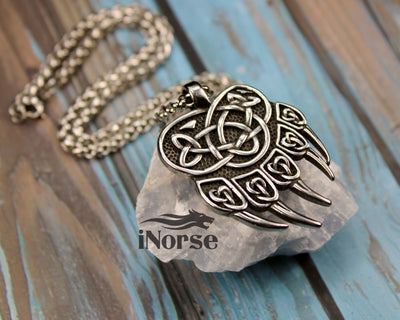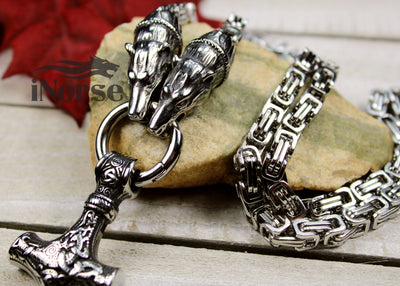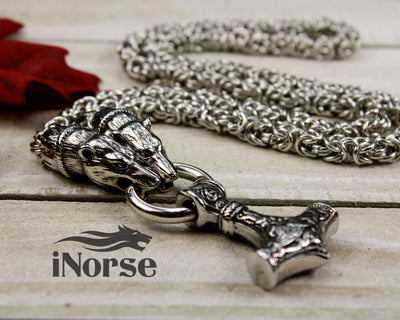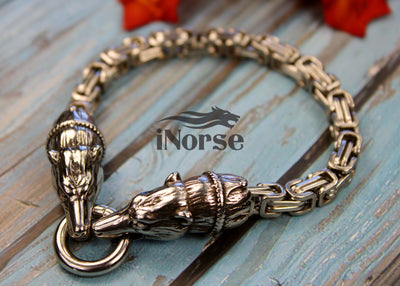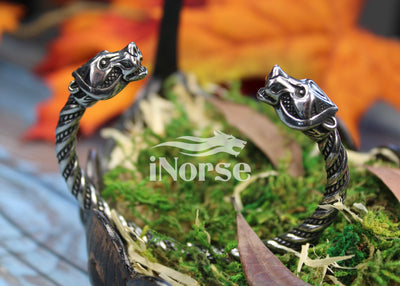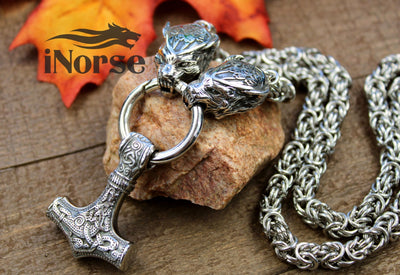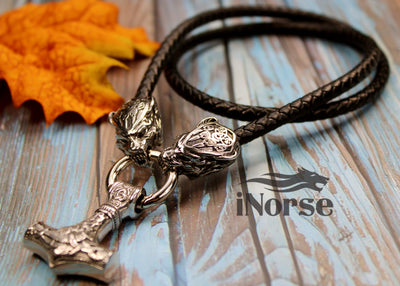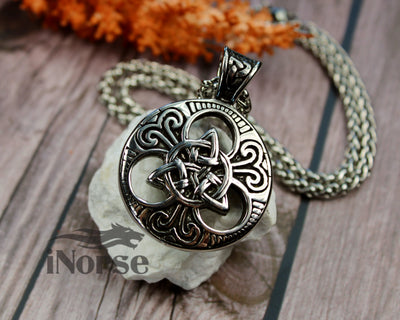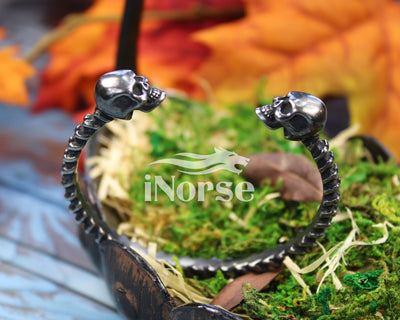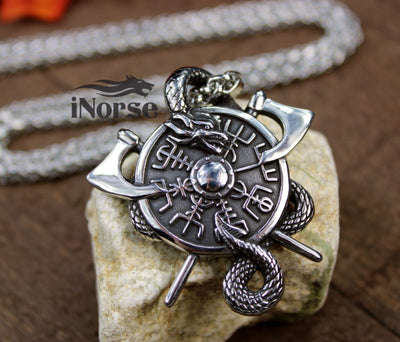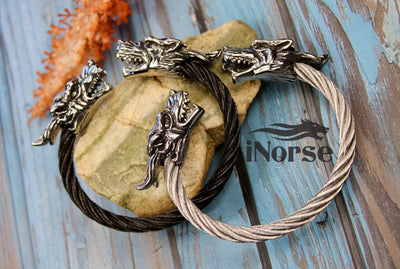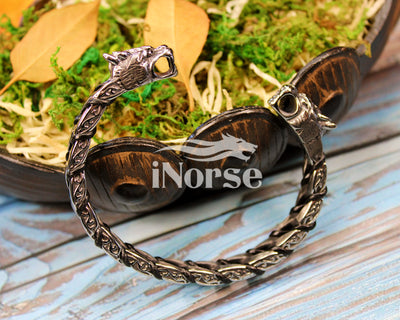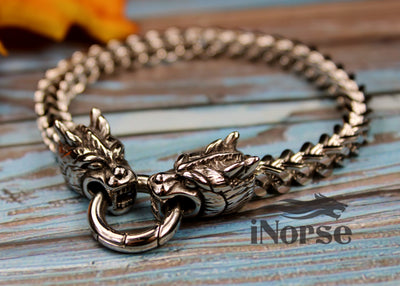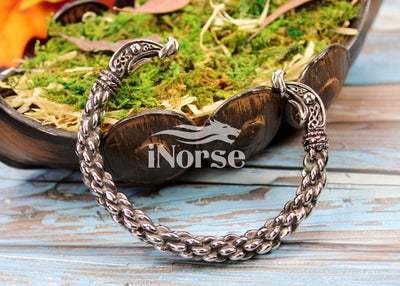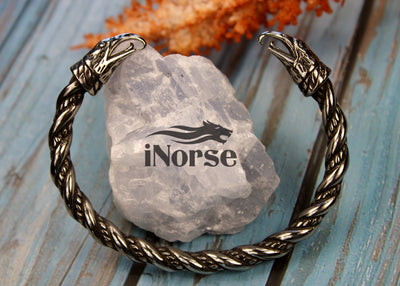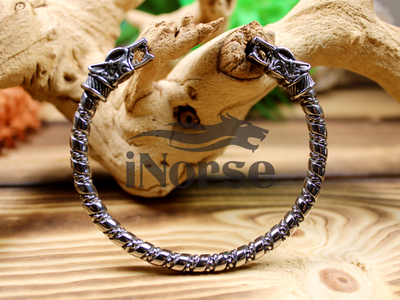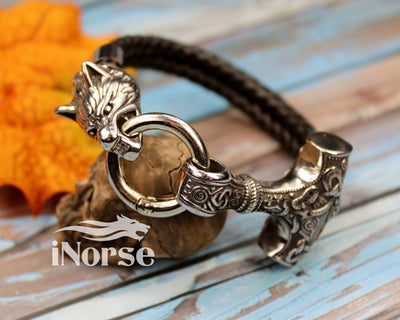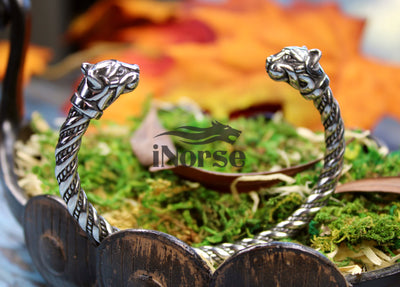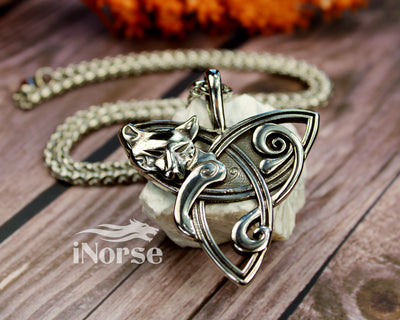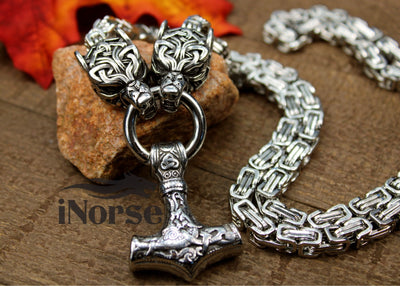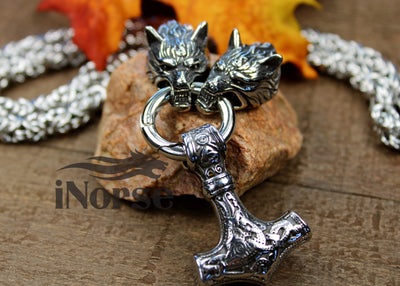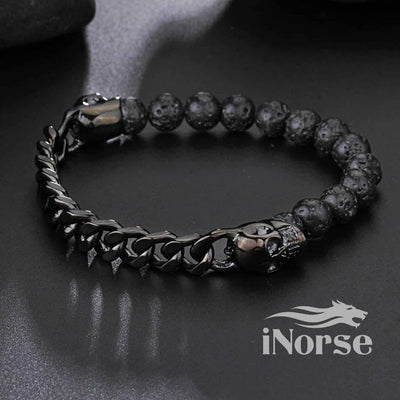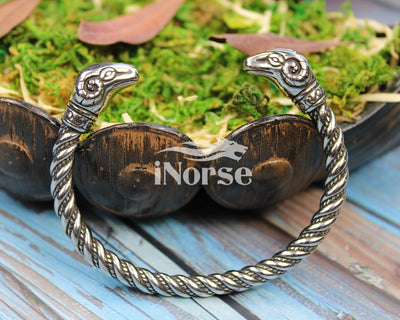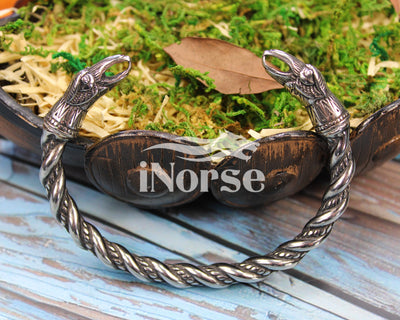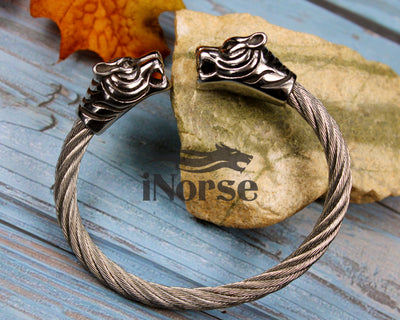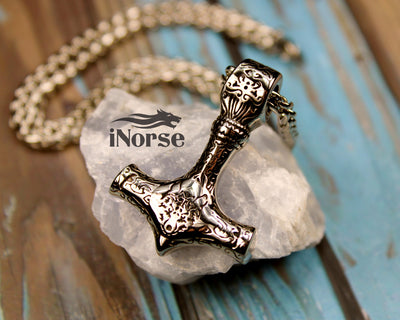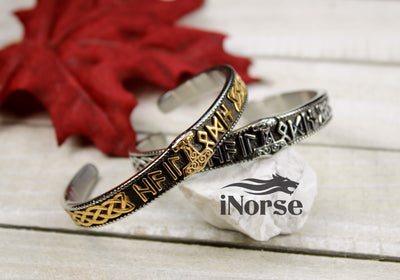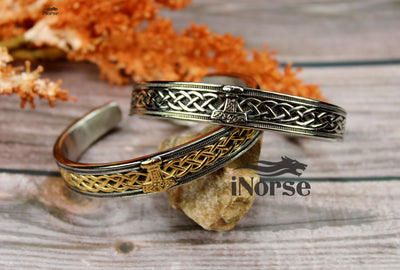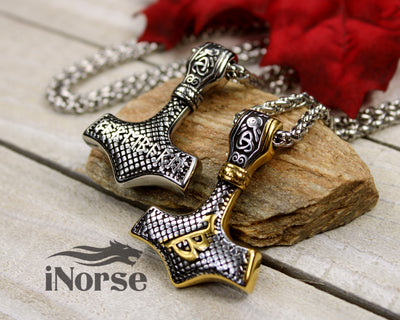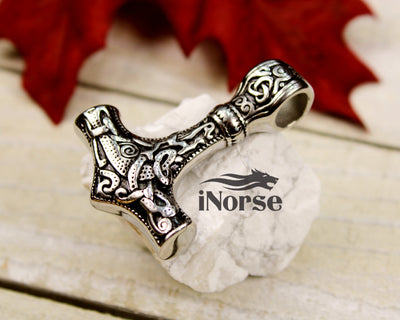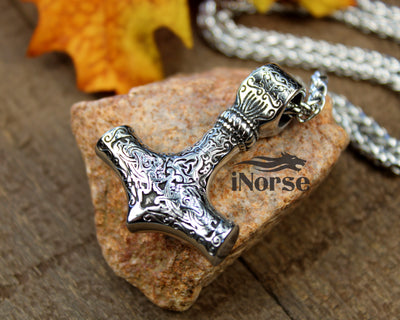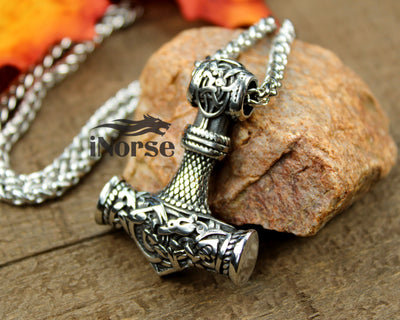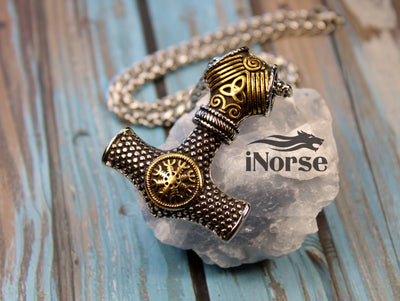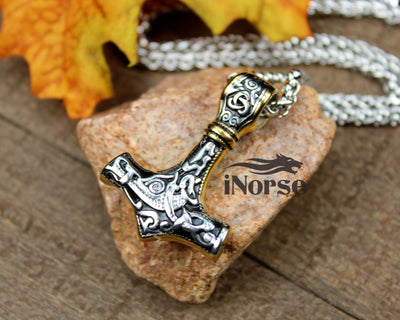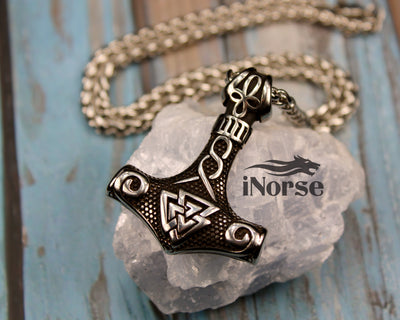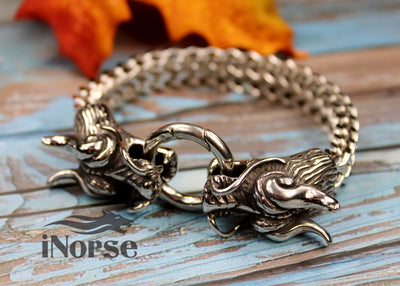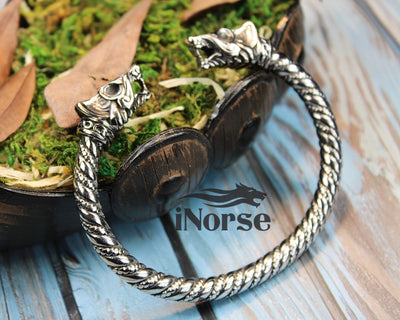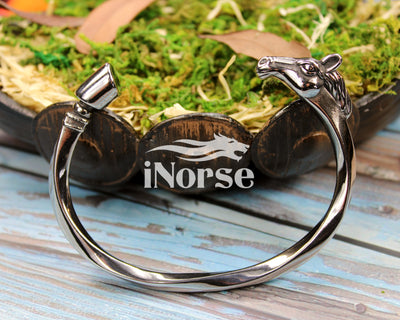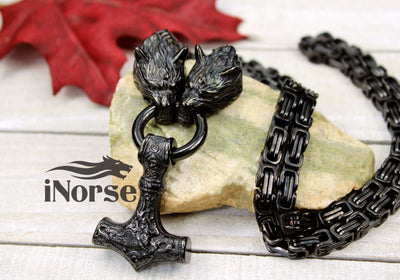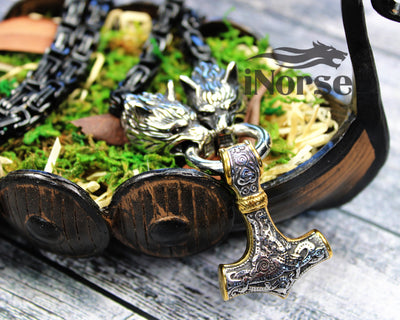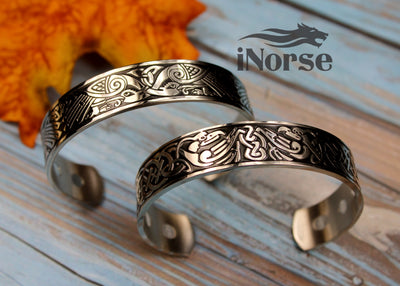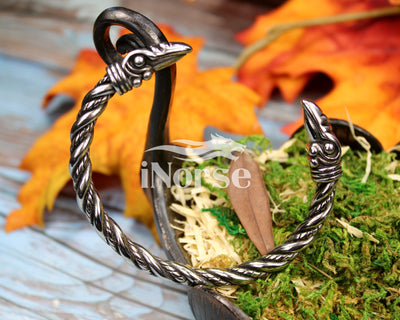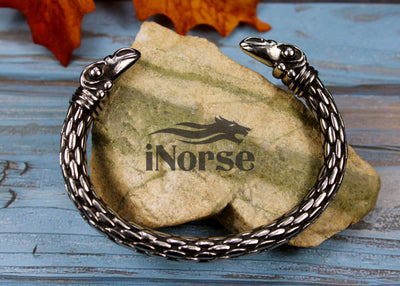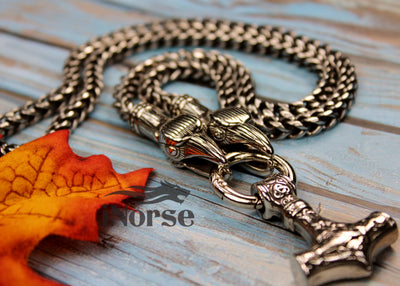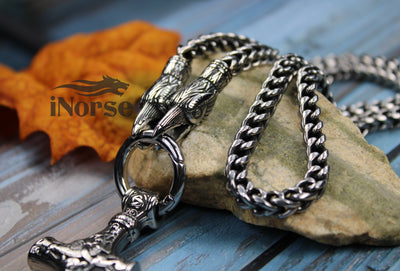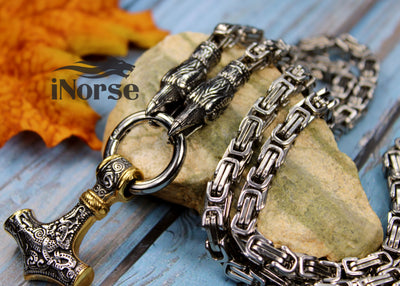Introduction: Why Mythology Fascinates Me
I've always been drawn to mythology. There's something magical about how ancient cultures used stories to explain the world around them. Greek and Norse mythologies, in particular, have always stood out to me. They're like two sides of the same coin—filled with epic tales of gods, heroes, and cosmic battles, each with a unique flavor. If you've ever wondered how these mythologies stack against each other, you're in for a treat. Let's dive in!

What Makes Greek Mythology Unique?
Greek mythology is like the ultimate drama series. It's packed with larger-than-life characters, emotional twists, and stories that have stood the test of time. In this world, gods and mortals collide, and every tale feels like a mix of love, betrayal, and heroism.

The Pantheon of Greek Gods
The Greek gods are like a dysfunctional family—powerful, flawed, and endlessly entertaining. Let's meet a couple of the big names.
Zeus: The King of the Gods
Zeus is the ultimate authority figure in Greek mythology. He's the king of the gods, the ruler of Mount Olympus, and the guy with the lightning bolts. But don't let his power fool you—he's also known for his temper and complicated love life. Think of him as the ancient Greek version of a dramatic CEO.
Athena: Wisdom and Warfare
Athena is the goddess of wisdom and warfare, and she's the kind of deity you'd want on your side in a battle—or a debate. She's strategic, level-headed, and always one step ahead. Plus, she was born fully grown from Zeus's forehead. Talk about making an entrance!
Greek Myths: Stories of Love, Betrayal, and Heroism
Greek mythology is packed with stories that will make you laugh, cry, and experience everything in between. Here are two of my favorites.
The Trojan War: A Tale of Glory and Tragedy
The Trojan War is the ultimate soap opera. It's got everything—love (Helen of Troy), betrayal (thanks, Paris), and a giant wooden horse. It's a story about the highs and lows of human ambition, and it's as relevant today as it was thousands of years ago.
Pandora's Box: Curiosity and Consequences
Pandora's story is a cautionary tale about curiosity. She opens a box she's told to leave alone, and chaos ensues. But here's the twist: hope remains inside. It reminds us that there's always a glimmer of light, even in our darkest moments.
What Makes Norse Mythology Stand Out?
Norse mythology is like a gritty reboot of Greek myths—darker, colder, and more focused on fate and destiny. In this world, the gods are warriors, and the end of the world is always near.

The Norse Gods: Warriors and Wanderers
The Norse gods are a tough bunch. They're not lounging on a sunny mountain; they're out there battling giants and preparing for the end of days.
Odin: The All-Father
Odin is the wise old man of Norse mythology, but don't let his age fool you. He's a fierce warrior and a master of magic. He even sacrificed an eye for wisdom. Now that's dedication!
Thor: The Thunder God
Thor is the Norse equivalent of a superhero. He's got a hammer, a temper, and a heart of gold. He's the guy you call when you need a giant smashed or a storm summoned.
Norse Myths: Tales of Destiny and Doom
Norse mythology is all about fate. The gods know their destiny, and they face it head-on. Here are two stories that capture that spirit.
Ragnarok: The End of the World
Ragnarok is the ultimate battle—gods vs. giants, good vs. evil, and the end of everything. But here's the kicker: it's not all doom and gloom. After Ragnarok, the world is reborn. It's a story about cycles and renewal.
Yggdrasil: The Tree of Life
Yggdrasil is the cosmic tree that connects the nine worlds. It symbolizes connection and balance, reminding us that everything is intertwined.
Greek vs Norse Mythology: Key Differences
While both mythologies are incredible, they're also very different. Let's break it down.

The Concept of Fate
In Greek mythology, fate is often fought against. Heroes like Oedipus try to escape their destiny, only to run straight into it. In Norse mythology, fate is accepted. The gods know Ragnarok is coming, and they prepare for it.
The Role of Heroes
Greek heroes are often flawed individuals who achieve greatness through their actions. Think Achilles or Hercules. Norse heroes, on the other hand, are more about honor and duty. They're warriors who live and die by their code.
The Afterlife: Elysium vs Valhalla
In Greek mythology, the afterlife is divided into different realms, like Elysium for the blessed and Tartarus for the damned. In Norse mythology, warriors who die in battle go to Valhalla, a glorious hall where they prepare for Ragnarok.
Why You Should Explore Both Mythologies
Both Greek and Norse mythologies have so much to offer. Here's why you should dive into both.

Lessons from Greek Mythology
Greek myths teach us about the complexities of human nature. They show us that even gods can be flawed, and that's okay. They remind us that imperfection is part of what makes us human.
Lessons from Norse Mythology
Norse myths teach us about courage and resilience. They show us that even in the face of certain doom, we can face our fate with dignity and strength.
Conclusion: A Mythological Journey Worth Taking
Whether you're drawn to the drama of Greek mythology or the grit of Norse myths, there's something for everyone in these ancient stories. They're not just tales from the past but reflections of who we are and who we can be. So, grab a book, light a candle, and let these myths transport you to another world. You won't regret it.
FAQs
-
Which mythology is older, Greek or Norse?
Greek mythology predated Norse mythology for several centuries. Its roots date to around 1200 BCE, while Norse mythology emerged around the 8th century CE. -
Are there any similarities between Greek and Norse gods?
Yes! Both pantheons feature gods with human-like traits, such as jealousy, love, and anger. For example, Zeus and Odin are both king gods with complex personalities. -
Which mythology is more popular today? Thanks to its influence on Western literature and art,
Greek mythology tends to be more widely known. However, Norse mythology has gained popularity through modern media, such as in Marvel's Thor movies. -
Can I study both mythologies at the same time?
Absolutely! Exploring both can help you better understand how different cultures interpret similar themes, such as fate, heroism, and the afterlife. -
What's the best way to start learning about these mythologies?
Start with the classics—Homer's Iliad and Odyssey for Greek mythology and the Poetic Edda for Norse mythology. There are also plenty of accessible books and online resources for beginners.








